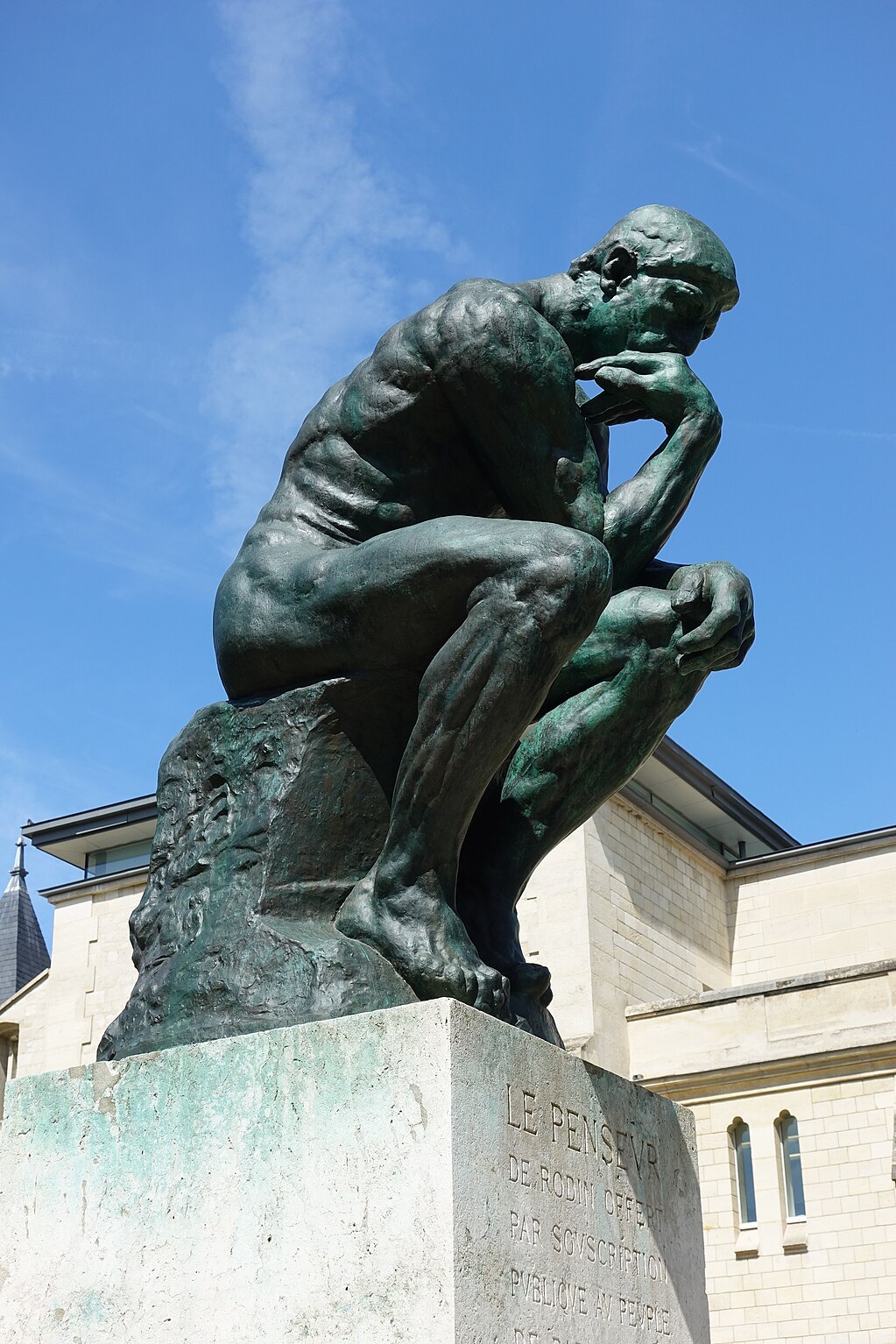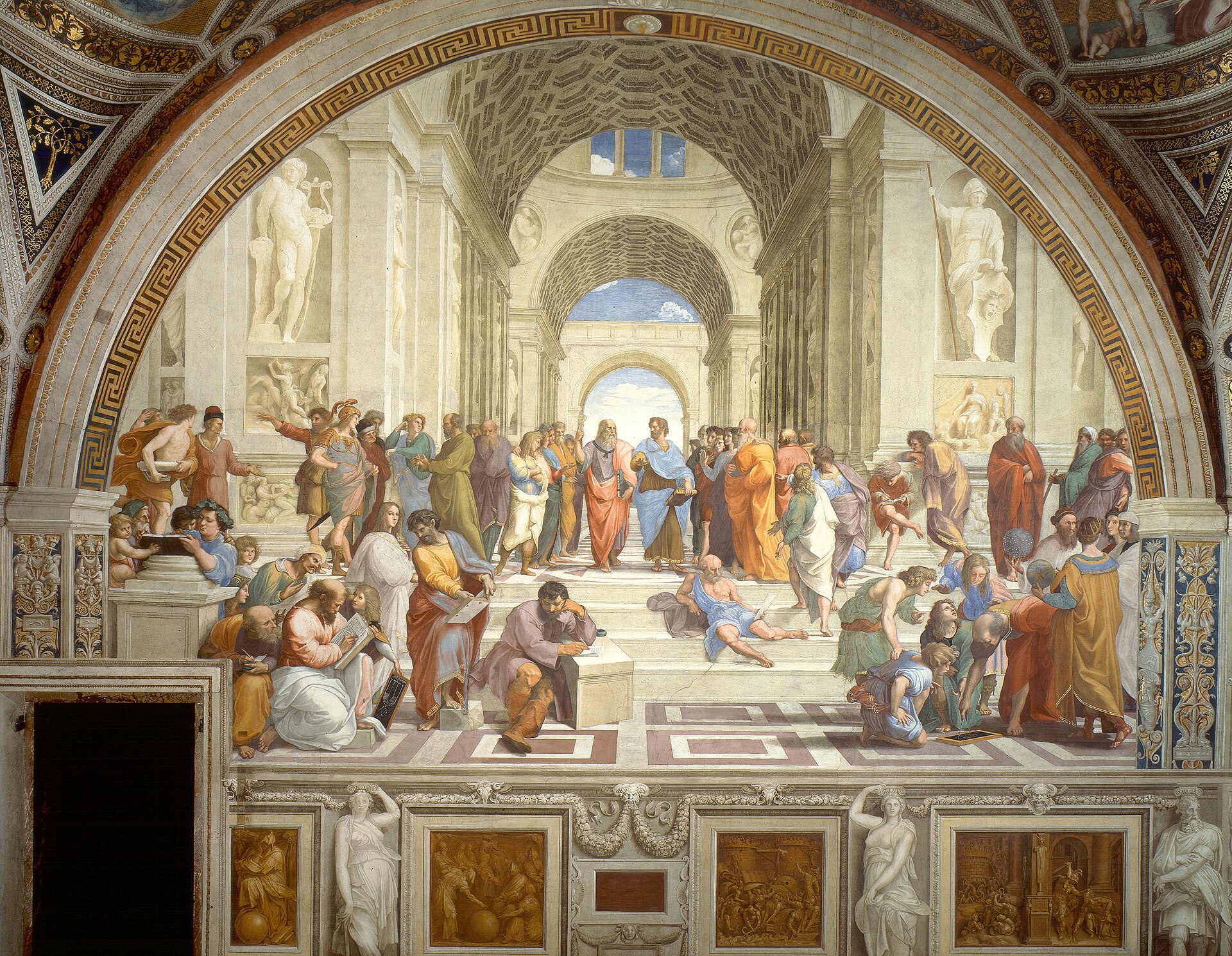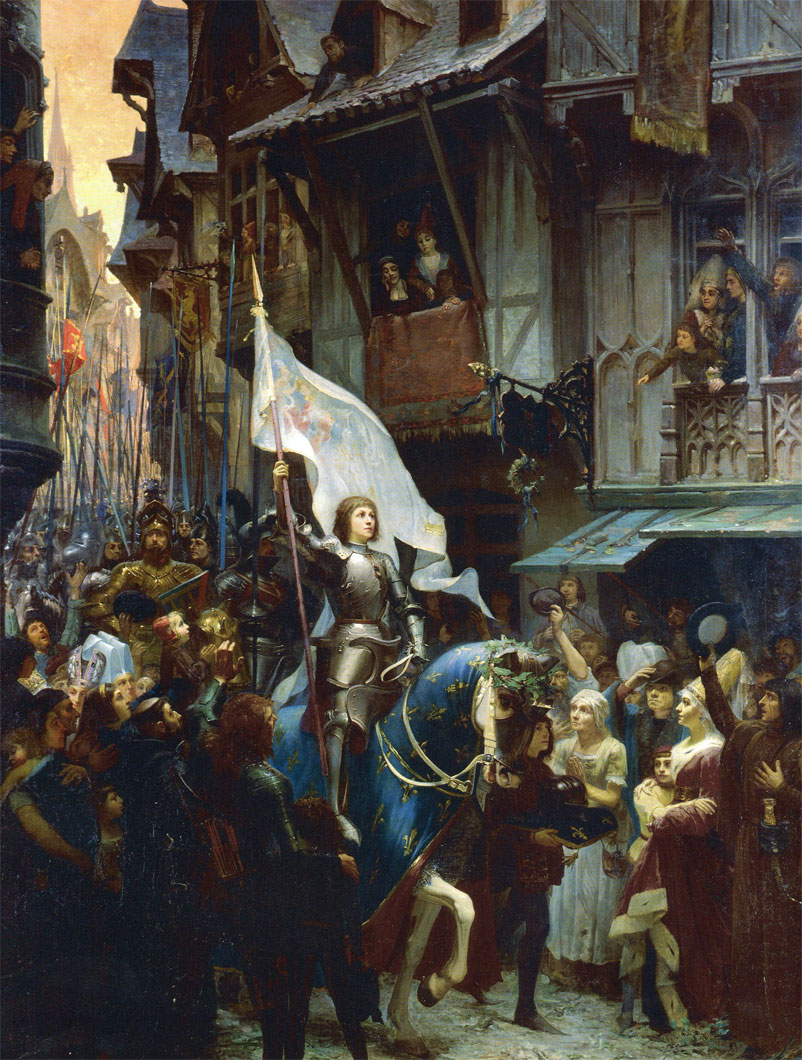Reading “Genetics of Genius” by V.P.Efroimson.

I have read “Genetics of Genius” by Vladimir Efroimson.
This is a book has, seemingly, never been translated into any language other than Russian, so this review/summary might end up being interesting to the non-Russian audience.
This book is about genetic factors which seem to be associated with highly-intense brain activity, which is the way Efroimson is defining genius.
Throughout the book the is analysing an impressive amount of historic figures who are universally recognised to be geniuses or close to geniuses, building his own research on both the previously published genius surveys, and on his own studies of the biographies of insofar not closely examined historic figures.
Thereupon he presents his theory of identifying, selecting, and nurturing geniuses in a society.
Those interested are welcome under the cut.
1. Review
1.1. Who is Efroimson and how does he dare to discuss whether genius is genetic?
Even the people brought up in the West, who have never heard about Efroimson, have probably heard about Lysenkoism, that is an organised socio-scientific campaign to discredit and defund genetics. Efroimson was one of the geneticist denounced and condemned during that campaign. He was condemned to years of imprisonment in the GULAG, but survived, was later released, had his doctoral degree restored, and continued working until very old age.
During his lifetime, the most inconspicuous of his results were published, and the main works of life “Genetics of Genius”, “Genetics of Ethics and Aesthetics”, and “Pedagogical Genetics” were published much later than they were written, during the Perestroyka. Even so, he managed to release more than a hundred scientific papers, dedicated to the application of genetics in agriculture.
He also worked in the Research Institute for Vaccines and Serums in Moscow, and had obtained a doctoral and habilitation degrees.

(I have my own very tender relationship with NIIVS.)
1.3. What are Efroimson’s argument against this obvious Anti-Utopian conclusion?
Well, to me this dispute has been settled a long time ago. Truth is truth, regardless of whether it is comfortable or not, whether it leaves a place for human conscience or not, and whether it even makes any sense.
But Efroimson lived in the Soviet Union, and he clearly needed to add some politically correct language in order to placate the censors. I cannot resist the pleasure of citing a few phrases:
В «блистательно оправдавшемся» научном предвидении Маркса-Энгельса-Ленина о неизбежном абсолютном обнищании пролетариата и о «загнивании» и гибели капитализма все же не была учтена чрезвычайная гибкость этого самого капитализма, позволившая ему сквозь все кризисы проходить со всевозрастающим повышением производительности труда и ростом уровня жизни, в частности, и уровня жизни пролетариата.
В столь же «блестящем» научном предвидении Ленина о слиянии национально-освободительной борьбы с борьбой против мирового капитала не было предусмотрено то, что решительно все освободившиеся колониальные страны немедленно начнут войны гражданские, которые поглотят огромную долю накопленных национальных богатств и сотни миллионов жизней людей, а также войны «освободившихся от ига» молодых государств друг с другом. Не было предусмотрено, что большинство этих стран окажется под властью различных диктатур, «горилл» или олигархий, под властью продажного чиновничества, и что конфискация иностранных капиталовложений приведет к тому, что вместо развития собственной промышленности практически всем государствам «третьего мира» придется ввозить готовую продукцию из промышленных стран.
I am quite sure that the original text did not really have the quotation marks.
Anyway, what does Efroimson suggest to placate communist censors?
He effectively suggests nationalising geniuses. Nurturing and educating geniuses is expected to provide a benefit to the society as a whole, so that, perhaps, not every cook would learn to govern a state, but every cook would benefit from a genius governing the said state.
To his credit, he is not suggesting Eugenics, but rather carefully selecting and bringing up the geniuses which already managed to come into this life.

1.4. What are geniuses?
I would say that Efroimson’s definition of a genius is unconventional.
I used to believe that a genius is a person of a highest talent, capable of creating masterpieces and great deeds. But Efroimson reserves this description for the “talented” or “gifted”. A genius for him is something different, even though a genius can be talented, and the most famous geniuses are talented.
For him, a genius is someone who can spend all his efforts onto doing something professional, the one who never stops. So being a genius is more about being industrious rather than about being clever.
But is industriousness and inheritable genetic trait? This is a great question!
Even though most people would accept that talent is heritable, well, to a degree at least, most people would vehemently refuse the heritability of industriousness. After all, aren’t we all told in school “order and structure defeat talent and chaos”, and “most of us are not prodigies, but if you work hard, you can be successful”, implying that orderliness and hard work are accessible to everyone?
But Efroimson does not really discuss “success”. He discusses a demonstrated ability to work beyond what a reasonable person can be expected to work and to dare to do.

1.5. How do geniuses benefit societies?
He is claiming that societies who manage to successfully raise the percentage of geniuses to the lever permitted by the genes become vastly superior to their neighbours.
As examples of those “genius-rich” societies he is giving: Pericles’s Greece, Carolingian Revival, Renaissance, English and German aristocracies of the 18th-19th centuries.
He is claiming (with evidence) that in the societies which have no conditions for the growth of geniuses, geniuses also manage to emerge, and he gives plenty of examples of such geniuses, but his, perhaps, main point is that as a norm geniuses are not adapted to grow in a society by themselves, and therefore need support. Even when geniuses manage to emerge in an unfavourable society, they are usually political geniuses rather than scientific or cultural.
What is a normal percentage of geniuses in a society? Presumably, the normal level of geniuses who manage to manifest themselves as geniuses in a society is about 0.015%, whereas in a society which is favourable to geniuses it is possible to increase their percentage to 0.1%, or even 1%. Although, honestly, I am finding his argumentation dubious.

1.6. What kinds of geniuses are there? How to spot a genius?
He has done a colossal amount of research, surveyed lifes of hundreds of geniuses, and is basing his claims on this work.
Most of the works is based on the pathography of historic figures, trying to find diseases, especially heritable disease, or other phylogenetic traits associated with increased intellectual activity.
I would personally find this approach bizarre, but he does manage to find a large correlation.
He roughly divides geniuses into 4 categories:
- Gout type (correlation about 15%).
- Bipolar type (correlation about 15%).
- Marfan type (some evidence).
- Androgenic type (indirect evidence).
The first two types are the most prominent, whereas the last two types are less prominent, or, perhaps, less documented, because Marfan syndrome is fatal in many cases, and Androgenic abnormalities are hard to discern, with a sole exception of men who are “known to be extra sexually active”.
Gout geniuses “increased intellectual activity” is expected to be provoked by an increased amount of uric acid in blood. High uric acid levels are expected to cause gout, which can sometimes be fatal, but usually is not, and is tormenting enough so that its manifestations would be documented since ancient times. But uric acid has also been found to stimulate human activity, both physical and mental. These people are not expected to be necessarily very smart, but they are expected to be hardworking, insistent, risking, and daring.
He claims that a huge number of geniuses had gout, including Alexander the Great, Marcus Agrippa, Septimius Severus, Christopher Columbus, Benjamin Franklin, Alexander Hamilton, Louis XIV, Edward Gibbon, Albrecht Wallenstein, Benjamin Disraeli.
Efroimson claims that in up to 15% of geniuses, symptoms of gout have been identified.
Bipolar Disorder manifests itself in geniuses in an atypical way. Usually BAD (a bipolar-affective disorder) means that a person has extremely fast and strong mood swings. In geniuses, however, BAD swings might be just as strong, but not fast at all, but rather very slow, lasting for months and even years. The examples of BAD-type geniuses are Jonathan Swift and Nikolai Gogol, who seemed to have episodes of excessive creative activity, working without any rest, and periods of boredom and spleen, during which even their close friends considered them boring.
As opposed to the gout-type geniuses, BAD-type geniuses are usually not military or political leaders, with the exceptions of Theodore Roosevelt and Winston Churchill, but rather are writers, scientists, composers, and painters.
Interestingly enough, BAD-type geniuses seem to be universally sensitive to the change of seasons, being more active and productive in spring a autumn than in winter and summer.
Mixed type geniuses are those who have both gout and BAD. To this kind of geniuses Efroimson attributes Alexander Pushkin, the pillar of Russian literature, Martin Luther, Rudolph Diesel, and a few others.
This king of geniuses does not really deserve its own category, because it basically just combines the benefits of tireless work of hyper-uric geniuses with talents and giftedness of BAD-geniuses.
Other kinds of geniuses. There a few other pathologies which seem to be associated with higher intellectual activity, but data are scanty: Marfanoid symptoms (long arm and legs, concave chest), Morris syndrome (XY women, in whom the SRY gene failed), and various unclear sexual hormone side-effects, and the overarching sign of “having a high forehead”.
If his treatment of Marfanoid-type geniuses does deserve some credit (Lincoln, De Gaulle, Chukovsky) really seem to fit his description, and worth having attention to, especially since it is heritable, his treatment of genius sexuality I consider insufficient.
Indeed, he does give some evidence that women with unusually high amount of male hormones exhibit higher intellectual activity (this is the place in the book where he is discussing women the most), and shows that “generally accepted geniuses” have sexual activity much higher than average, his treatment of men with effeminate behaviour is just nonexistent, and overall the whole chapter on sexual hormone stimulation of intellect should have deserved much more effort and attention.
I should not be overly too critical though, human life is limited, and he spent a colossal effort on reviewing other kinds of geniuses, so perhaps this research direction should just be proclaimed open for further investigation.

1.7. Making geniuses
Okay, if gout and BAD are making people geniuses, does it mean that you should genetically-edit your kids to have them? Don’t answer, it is a provocative question. Are they even a cause or an effect of being a genius?
At the time of Efroimson, gene editing was not that widespread, I am not even sure that genetic sequencing existed.
His ultimate goal was less ambitious technically, but more ambitious socially: raise the number of geniuses in the society to 1%. And this can be done with no specific human programming, just with identifying geniuses (spotting the nature) and growing them up as geniuses (nurture).
Indeed, he spends a lot of effort on discussing “genius families”: Pushkin-Tolstoy, Churchills, Ottoman sultans, Prussian kurfürsts, Bernoullis, and Medici. They had to do both: be very accurate and picky at selecting spouses for themselves, and spend a lot of money and attention on bringing the children up, giving them the best education and exposure to the talented people around them.
Well, sort of an unsurprising conclusion, isn’t it? Promising genes, good upbringing, a lot of investment into education, and you have a stunning 1% chance of success. Was it worth even starting to write this book?

1.8. Conclusion
I cannot recommend it to just everyone to read. The treatment of most historic figures is not actually that “genetic” in spirit, but rather feels like worshipping the historic tale formed around them during the ages. It does feel that he loves those geniuses and feels an unfakeable attraction to them, and, well, I can understand him.
But from scientific point of view, I am really finding the book weak-ish.
Nevertheless, the conclusion is correct, nature and nurture are both required, and I have written down a ton of masterpieces to check on when I have time, since at least now I know that they were written by universally recognised geniuses.

2. Contacts and blurb
- Mail :: lockywolf at lockywolf.net
- Telegram :: https://t.me/unobvious
- Zhihu (cn) :: https://www.zhihu.com/people/lockywolf
- LiveJournal (ru) :: https://dead-doomer.livejournal.com
- Wordpress (en) :: https://lockywolf.wordpress.com
- Permalink :: https://lockywolf.net/2025-05-14_Reading-Genetics-of-Genius-by-V.P.Efroimson.d/index.html
